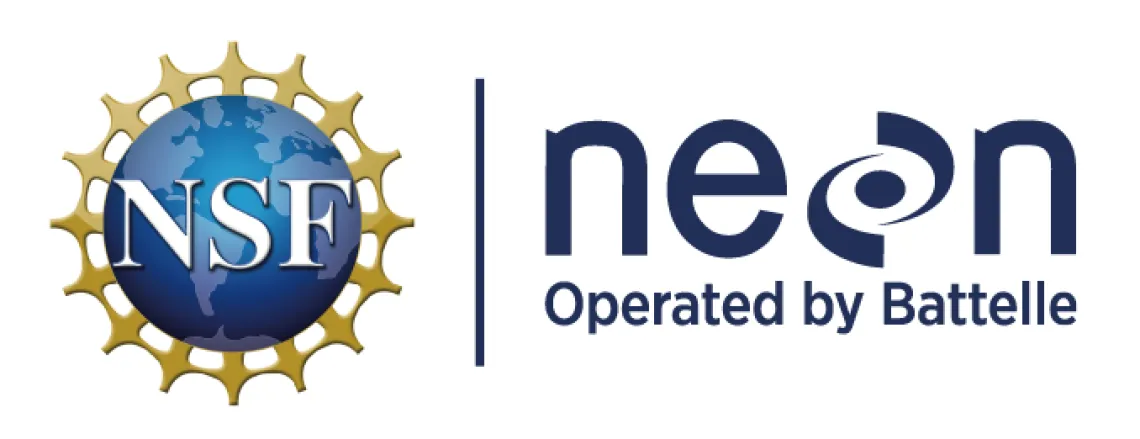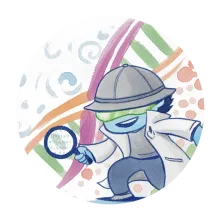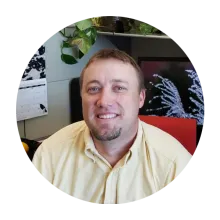
When
Daily until November 7, 2020
Where
The National Ecological Observatory Network (NEON) is changing the way we do science. The scope and scale of the NEON's remote sensing data from its Airborne Observation Platform (AOP) require larger data storage and compute than you may be used to working with on your laptop or desktop computer.
CyVerse, a research cyberinfrastructure for all life sciences, is by design capable of enabling data-intensive scientific discovery, providing services and resources for storing, analyzing, visualizing, and sharing your research using AOP data.
Join us for an intensive three-day, hands-on, remote workshop and learn how to create, use, deploy, and share analyses of NEON AOP data using the CyVerse platform.
You will learn how to use the NEON Data API and work with hands-on exercises using AOP remote sensing data in the RStudio, Project Juypter (Python) notebooks, and open source desktop GIS applications (QGIS, GDAL, PDAL, GRASS-GIS). Basic understanding of scientific computer programming languages (e.g., R, Python) and command line tools (bash shell, and version control with GitHub) are useful but not required.
Click to register for this free workshop. You will need to login to your CyVerse account (or sign up for a free account if you don’t have one already). Once logged in, you may need to click the ‘Register’ button again to prompt the enrollment process.
Who should attend?
Any researcher seeking to work with NEON data and make computational analyses easier and more reproducible. Must enjoy a collaborative, innovative environment. Preference will be given to NSF BIO-funded PIs and early career researchers. Registration is limited to the first 50 enrollees.
What will I learn?
- How to understand and use NEON Data API
- How to work with RStudio and Python Notebooks
- How to store and move data around the Cloud
- How to scale out your computation: from laptop to cloud to HPC
BYOD/BOYA
- Course participants are encouraged to bring their own data and analytical workflows for use with the NEON data.
Recommended experience for this workshop
- Linux command line, directory structures, shell commands
- Using and running analysis tools from the command line
- Basic programming experience in R or Python
Instructors

Donal O'Leary
Research Scientist, Science Education, NEON


